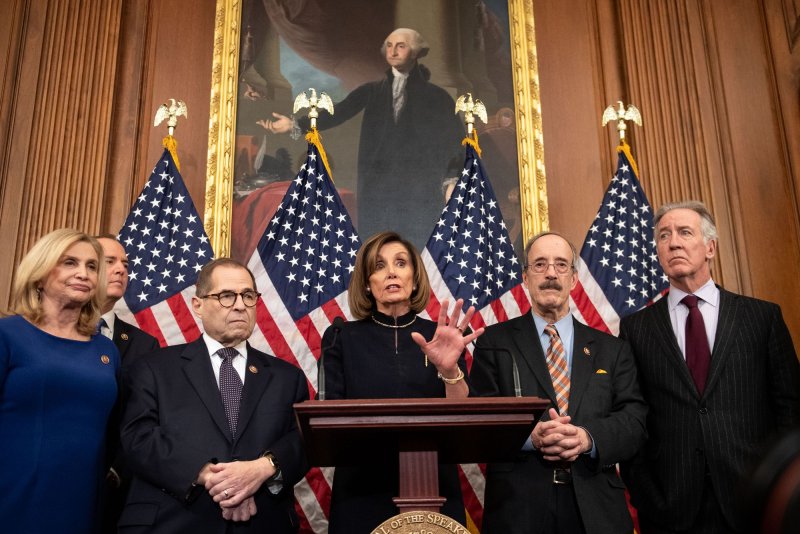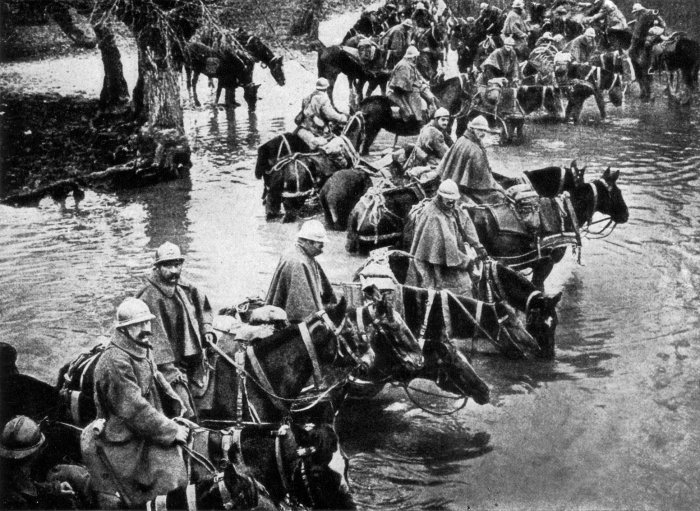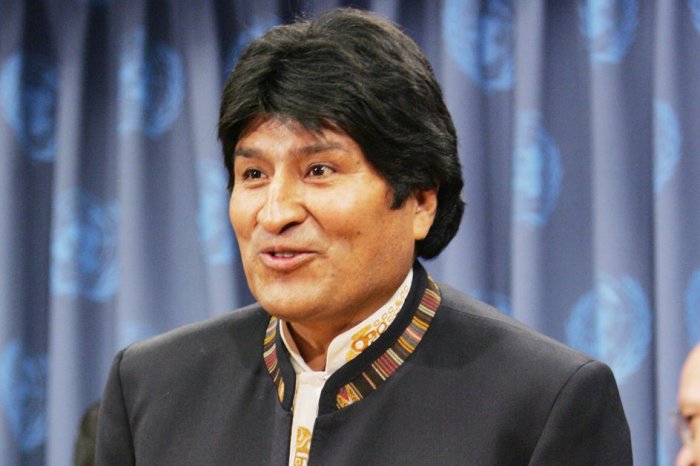Dec. 18 (UPI) — On this date in history:
In 1865, the 13th Amendment to the Constitution abolished slavery in the United States.


Dec. 18 (UPI) — On this date in history:
In 1865, the 13th Amendment to the Constitution abolished slavery in the United States.
In 1912, an investigation of J.P. Morgan & Co. as well as 17 other financial firms detailed the control of more than $23.5 billion of the nation’s wealth. The Pujo Committee was set up to look into what was believed to be a cabal of Wall Street heavyweights who were exerting unfair control over the nation’s finances.
In 1915, U.S. President Woodrow Wilson, whose first wife died a year earlier, married Edith Bolling Galt.
In 1916, the Battle of Verdun ended following the French victory over German forces under the command of Chief of staff Erich von Falkenhayn. Total casualties, for both sides, during the 303 day war are estimated to range between 714,231 to more than 1,250,000.

In 1971, President Richard Nixon signed legislation establishing Capitol Reef National Park in Utah. The 241,904-acre mostly desert landscape was named for sandstone dome formations that look like the domes on typical U.S. capitol buildings.
In 1972, following the collapse of peace talks with North Vietnam, President Richard Nixon announced the beginning of Operation Linebacker II, a “maximum effort” bombing campaign against targets in Hanoi and Haiphong.
In 1982, a fire at a power plant in Venezuela killed 128 people and forced the evacuation of parts of Caracas.
In 1989, a pipe bomb killed Savannah, Ga., City Councilman Robert Robinson hours after another bomb was discovered at the Atlanta federal courthouse. A racial motive was cited in those and other bombing incidents.
In 1991, General Motors announced it would close 21 plants and eliminate 74,000 jobs in four years to offset record losses.
In 1997, South Koreans elected longtime leftist opposition leader Kim Dae-jung president, marking the first time a member of the opposition defeated a candidate of the New Korea Party and its predecessors.
In 2003, teenager Lee Malvo was convicted of murder in Washington-area sniper attacks that killed 10 people in 2002. He was sentenced to life in prison. Malvo’s adult companion in the shootings, John Muhammad, had been convicted earlier. Muhammad was executed in 2009.
In 2005, Bolivia elected Evo Morales as its first Mestizo president.

File Photo by Monika Graff/UPI
In 2007, Jacob Zuma was chosen by delegates to lead the African National Congress, ousting South African President Thabo Mbeki who had controlled the party for 10 years.
In 2008, Rwandan Col. Theoneste Bagosora was convicted of genocide by a U.N. court for his involvement in the 1994 massacre of 800,000 people.
In 2010, the U.S. Congress voted to repeal the “don’t ask, don’t tell” policy that prohibited openly gay men and women from serving in the military. President Obama signed the measure into law four days later.
In 2011, former Czech President Vaclav Havel, one of the leading anti-Communist dissidents of the 1970s and 1980s, died at the age of 75.
In 2019, the U.S. House of Representatives voted to impeach President Donald Trump, charging him with abusing the powers of the presidency and obstructing Congress.
In 2020, the U.S. Food and Drug Administration issued an emergency use authorization for Moderna’s COVID-19 vaccine — the second vaccine to get such approval in the United States.

File Photo by Bill Greenblatt/UPI